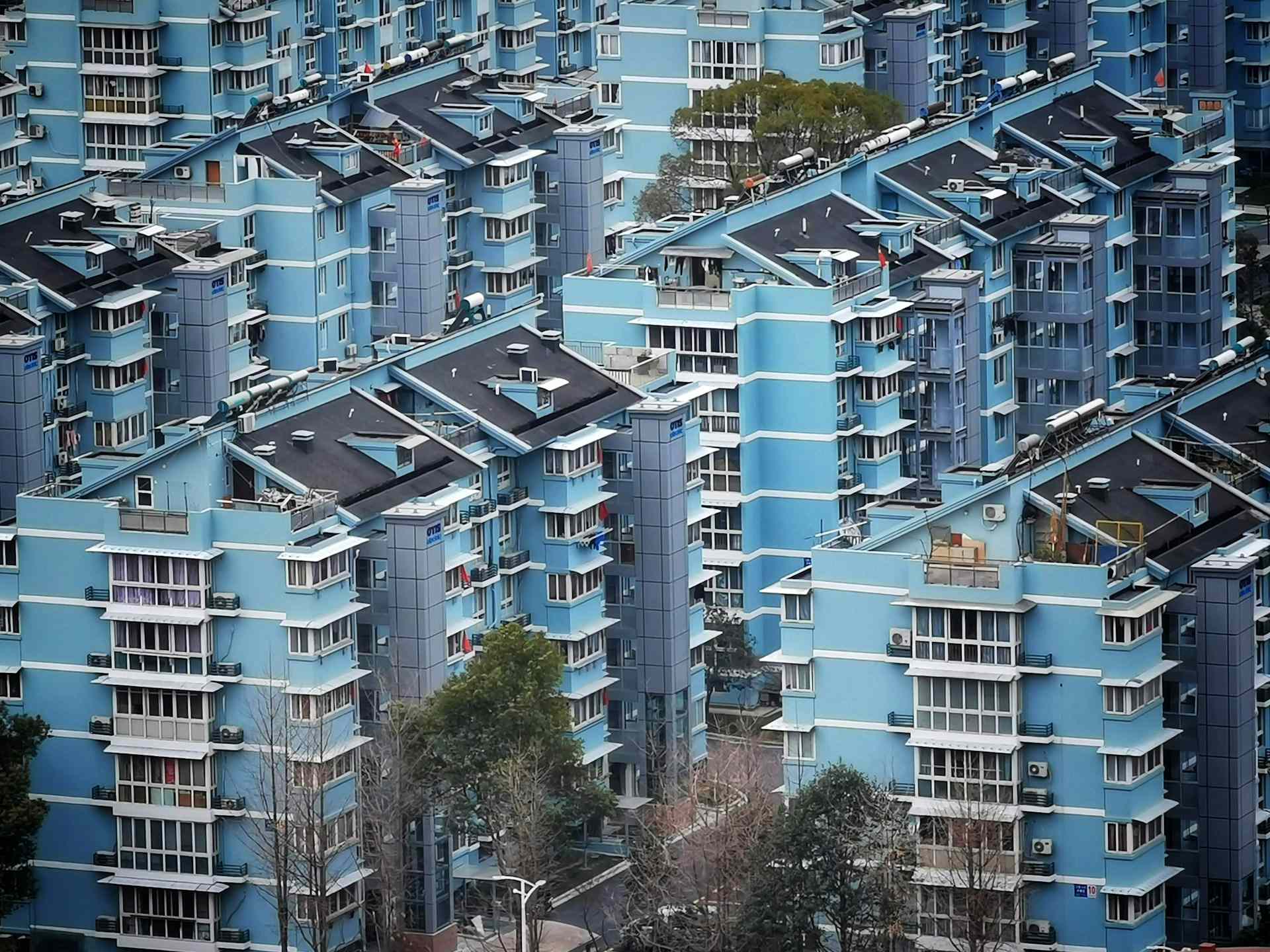China’s appetite for new homes is likely to remain a quarter of its 2017 peak, with annual demand projected below five million units compared to the twenty million peak seen eight years ago. This signals a deeper trend: the property sector, once contributing about 25 per cent to GDP, has been in a steady downturn since 2021 due to developer defaults, fading trust in builders, and a shrinking urban buyer base.
Goldman Sachs highlights a clear shift: urban renewal now replaces broad demolition policies, cutting the need for replacement housing from nearly 4.7 million units in the 2010s to roughly 2.7 million this decade. Combined with more investors selling empty homes, this suggests China’s housing market will likely remain subdued for the foreseeable future.
Market data supports this: new home prices dipped by 0.2 per cent in May and have fallen year-on-year for 24 consecutive months, down about 3.5 per cent annually, despite repeated policy stimulus and reduced mortgage rates. Property investment is over ten per cent lower than last year, and sales continue to slip.
Beyond short-term weakness, the sector faces structural limits. Slower population growth and a cooling pace of urban migration reduce long-term demand. Coupled with uncertain investor sentiment, hopes for a quick recovery seem increasingly unlikely. Even measures such as mortgage relief and affordable housing programmes have struggled to revive activity, especially in smaller cities.
For stakeholders, the implications are significant. Developers may need to move from high-volume speculation to rental and social housing models. Local governments, once reliant on land sales for income, must look for alternative revenue streams. Financial institutions must brace for higher credit risks as property values soften.
For policymakers, the challenge is clear: gentle support may not be enough. It may take deeper reforms and well-targeted social housing investment to restore market stability, shore up confidence and support balanced urban growth in the coming years.


